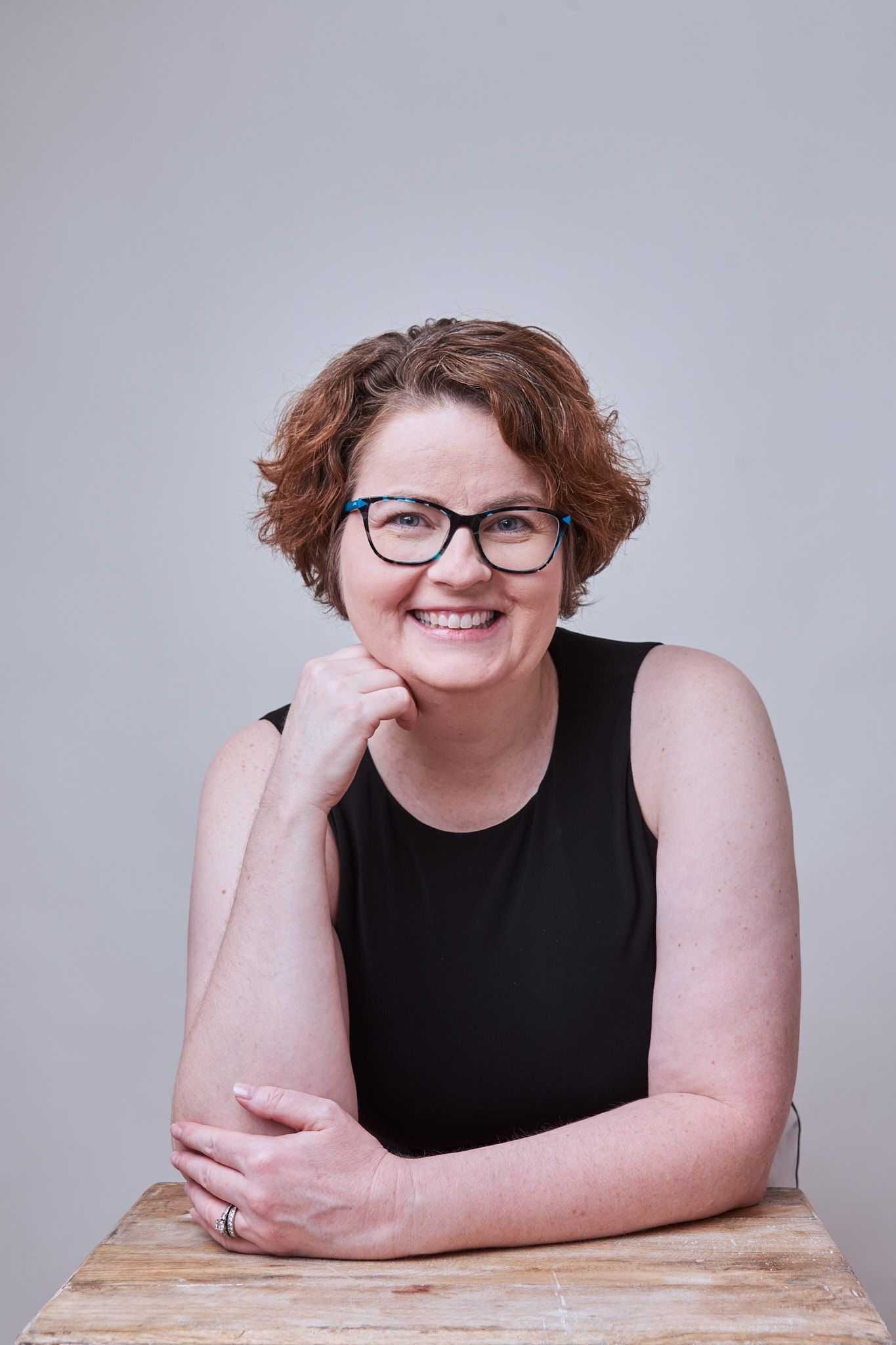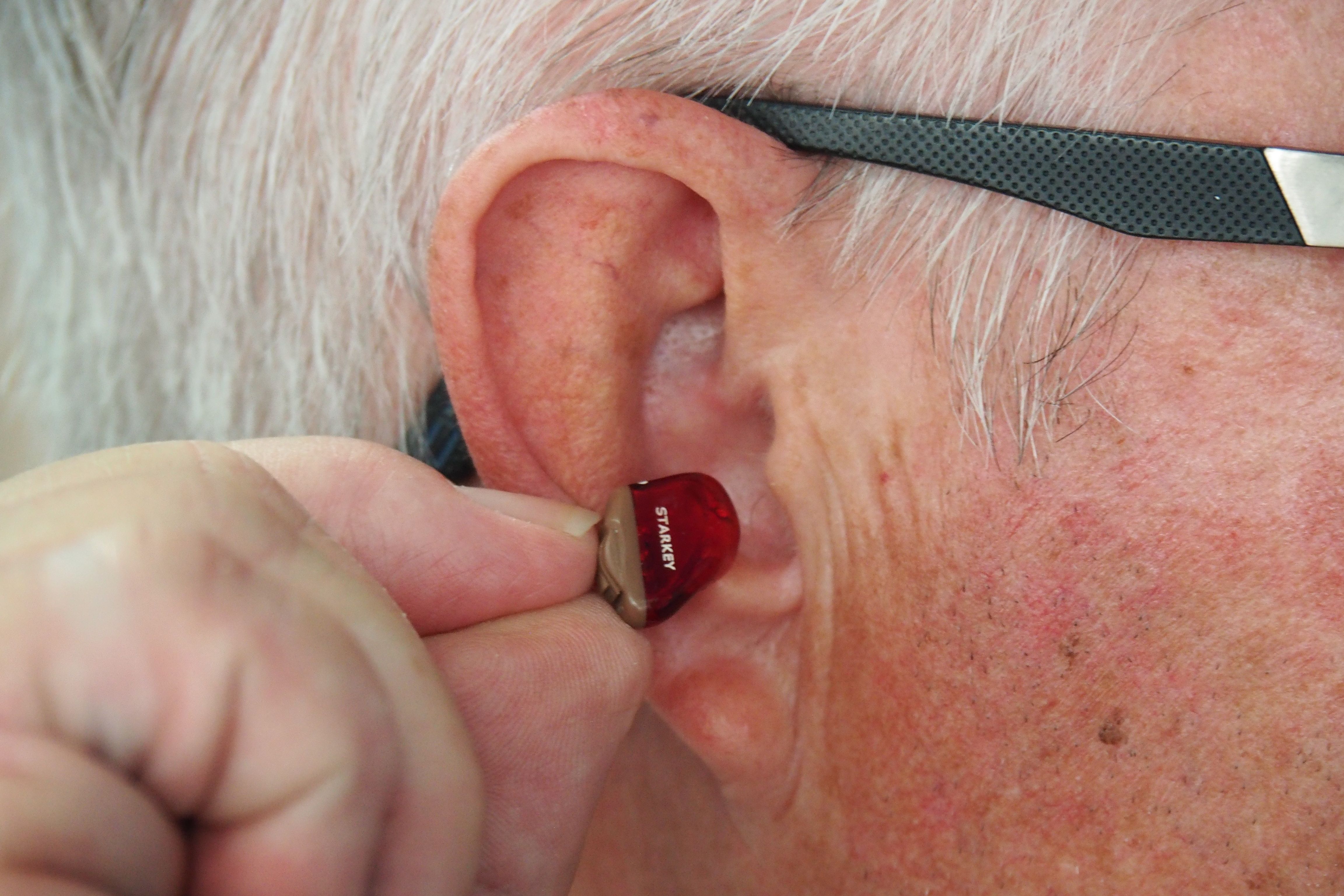I am excited to bring you another installment of Brands We Love where our team introduces you to businesses who are doing amazing work in the community. In this article, we had the opportunity to speak to Richard Kaner, the co-founder of Brooklyn Audiology Associates, PC, and his wife, Jane Kaner, who is the Senior Vice President of Business Development.
Brooklyn Audiology Associates, PC: Connecting Hearing Loss and Dementia
One of the reasons we wanted to talk to Richard and Jane was because they are connecting hearing loss and dementia, a topic that resonates with their patients and community. Another reason was that I am a year and a few months from my 50th birthday, a fact that mystifies and excites me at the same time, so I was interested to learn if I can do anything now to improve my hearing. (Spoiler alert: Yes, I can, and you can too.)
This brand also resonated with me because hearing loss is in my family. My father and father-in-law both wear hearing aids. It makes family dinners much more fun when we can all hear each other clearly!
Alright, well enough about me.
Let’s get to the conversation.
Brooklyn Audiology Associates PC has been open for more than 40 years. How did you get started?
[Richard] I started the practice 41 years ago with a professor of mine. When I was in graduate school, he asked if I was interested in opening a private practice and I said, “Absolutely!”
That was my BIG goal, my dream. He had a contract for one of the insurance companies and we opened in Brooklyn on December 3rd, 1980 and established ourselves. There weren't that many private practices that were doing what we were doing, and it grew from one office to another. With three offices, we are one of the most successful audiology practices in Brooklyn.
As we continued, I looked to the future to see the next big trend in our field. We always wanted to be one step ahead. In the last five or six years, there has been research about the connection between dementia and untreated hearing loss that I felt was a compelling message to patients. And we've developed a lot of our marketing around it and a lot of our messaging around it. And it is proven to be a message that resonates with a lot of our patients.
Can you tell me more about the connection of hearing loss and dementia?
[Jane] I am going to give you the non-clinical version that I make understandable for our patients and then we can give the clinical version. Basically, the brain needs to be constantly stimulated. We hear sound through our ears and understand speech in our brains.
There are five senses. Hearing is one of them and arguably the most important because understanding speech is what separates humans from every other animal. When you have even a very slight hearing loss, the part of the brain that processes speech, isn’t being stimulated enough. So, you have to keep the brain stimulated so you reduce the risk of cognitive decline and dementia and Alzheimer’s Disease.
We use a Cognitive Screener, called Cognivue, which is how we can determine the status of a patient’s cognitive function before taking treatment.
Richard, can you tell me more about the screening, from a clinical perspective?
Yes, I can. With this equipment, a patient sits in front of it and does the screening using their hands, eyes, and brain. It’s not a paper test. Because of how it is administered, it takes away inherent biases of language, including reading and writing.
The screening was developed at the University of Rochester and is FDA cleared. It is effective in establishing a baseline for where the patient is today in terms of cognitive function. Hearing loss, left untreated or under stimulated without proper auditory support, the brain starts to atrophy, and other senses take over. A lot of real estate in the brain is associated with hearing because our sense of hearing never shuts off, even when we’re sleeping. It is how we connect with the outside world.
How long does it take someone to come to you for help with hearing loss?
[Jane] I am a typical patient. It took me a few years of noticing I wasn’t hearing everything like when we would go out to dinner, to get mine checked. The average person takes seven years to get their hearing checked. It’s sometimes too late to change the course of what is a progressive, degenerative disorder.
I remember a patient we had years ago. She was a famous actress from another country. We started treating her because she could hear sound but could not make out the words. Not being clinical, I wanted to know why her clarity in understanding speech wasn’t better than it was. I’ve learned from Rich, if you’ve wait too long to treat your hearing loss, you may not be able to get back the clarity of sound. That’s about the time I got my first hearing test!
What makes Brooklyn Audiology Associates PC different from other audiology clinics?
[Jane] What we do differently and what we have done differently for 41 years is to treat each patient as an individual. Your hearing loss is like a fingerprint, everyone hears things in a very unique way. Everyone requires a customized prescription to receive the best outcome from their hearing loss treatment. We use specialized technology and equipment to analyze and identify the areas where your hearing loss needs maximum auditory support. We continue to monitor this function throughout the course of treatment.
We love seeing people when they hear for the first time. There was a jazz musician who was profoundly hard of hearing since birth and was a music teacher. When he put in his hearing aids, I just wanted to cry. For the first time, he heard a piccolo!
[Richard] It was so stirring and life-affirming, to know that you really make a difference, not only for that patient, but the family and their spouse, their children, their grandchildren, and their parents. And it's just a gift that keeps on giving.
Richard and Jane went on to share that the hearing aid prescription should be adjusted depending on the patient’s lifestyle. If they love music or if they are in traffic a lot, whatever it is, can be factored so they hear what they need, when they need it.
The initial visit is about 90 minutes, and the patients are informed up front. The reason is that the Doctors of Audiology in Brooklyn Audiology, need to get to know the patient. They ask questions like:
· Are you working? (or retired)
· What are your hobbies?
· What do you do for fun?
· Do you have a history of wax in your ears?
In this way, they get to know the patient and their challenges with hearing. If they have ringing in their ears, called tinnitus, it can be the first sign of hearing loss. They are big believers in educating a patient before they come in for treatment. That can be done on the phone or they can send a book (co-authored by Richard Kaner) about treating hearing loss, if they aren’t yet ready to come in to be evaluated.
One last question. What is it like working with PH Consulting & Media?
[Jane] Just as COVID-19 was starting to emerge, we produced two commercials with the team. We loved filming. Phill did an amazing job with attention to every little detail. A true professional!
[Richard] The team is very professional. It was a great experience for us, not having done it before, to this extent. There is potential for us to work with your team again for sure.
[Jane] We are still recognized for the commercials which is fun! We hope to work with the team again. They’re great!
Richard and Jane added that hearing loss treatment is a journey and suggested I come in for an evaluation because of that big birthday that is looming. I suppose I will. When they’re not running their clinics, they love to travel. Tahiti is a favorite and so is Maui, the latter of which is one of my favorites too!
Thank you, Richard and Jane, from Brooklyn Audiology Associates PC for your candor. We LOVE your brand and the work you’re doing connecting hearing loss and dementia.
If you’re a business with an interesting start-up story, we’d love to talk to you about being featured on Brands We Love. Email anne@phconsultingmedia.com.


